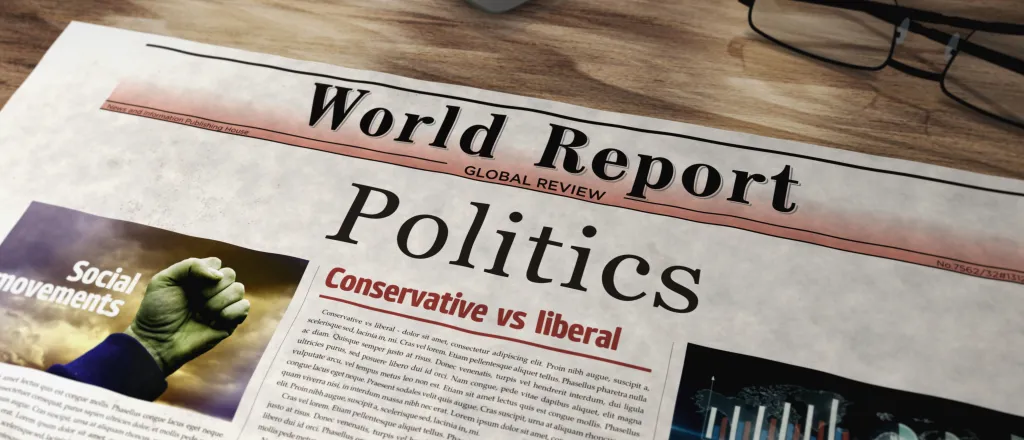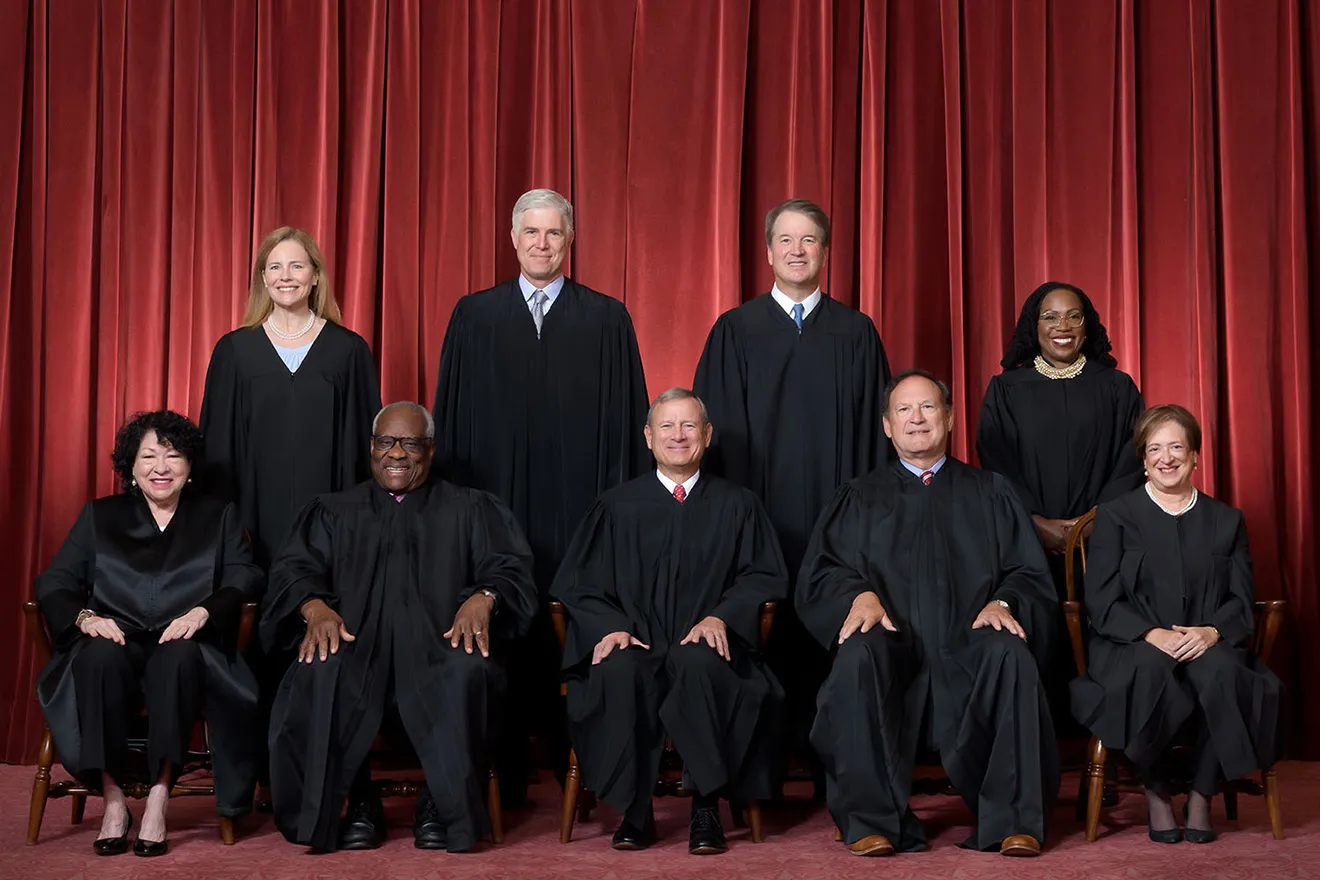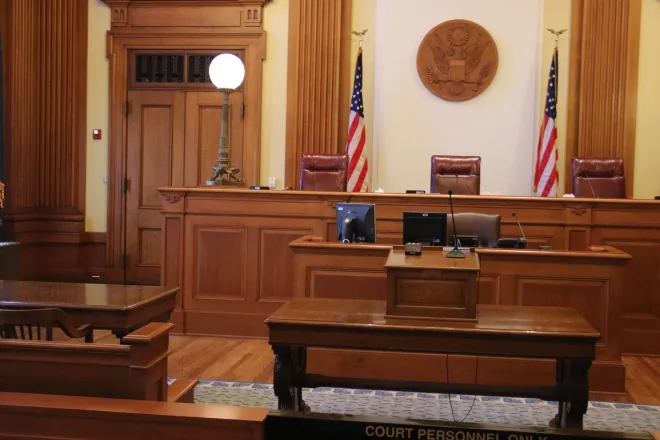
Politics: 2025Talks - February 3, 2025
© Arkadiusz Warguła - iStock-1890683226
Politics and views in the United States.
President Trump imposes tariffs on Canada and Mexico. Legal experts question Trump's use of executive orders, and mass deportations may start to take a toll in the southwest.
TRANSCRIPT
Welcome to 2025 Talks, where we're following our democracy in historic times.
We have big deficits, as you know, with all three of them.
And in one case, they're sending massive amounts of fentanyl, killing hundreds of thousands of people a year with the fentanyl.
And in the other two cases, they're making it possible for this poison to get in.
President Donald Trump on imposing 25 percent tariffs on Mexican and Canadian imports and 10 percent tariffs on those from China.
The White House says the levies on goods from the top three U.S. trading partners won't slow growth and will raise revenue, but according to a nonpartisan analysis, they would in fact cut economic output significantly and raise taxes by more than a trillion dollars over a decade.
The tariffs go into effect Tuesday and may be followed by further levies on steel and energy imports.
The tariff on Canadian oil is only 10 percent, and economists say that and the 25 percent levy on Mexican crude have the potential to raise gas prices.
Trump has signed a flurry of executive orders ending federal DEI programs and enabling mass migrant deportations.
Tulane University law professor Stephen Griffin says he's rapidly accelerating a long-term trend towards a growth in presidential power with the help of Supreme Court rulings.
Trump is citing a goal of cutting trillions from the budget in moves to strip civil service protections from federal employees.
But Griffin says he sees another motive.
It's about influence and control.
And President Trump pretty clearly wants to control in a very direct sense the entire executive branch of government, irrespective of laws passed by Congress.
The White House has offered all government employees a buyout with the hope they'll find private sector jobs, but the legal status of that is unclear.
Congress would have to fund it and the workers are barred from holding private sector jobs while still on the government payroll.
Meanwhile, arrests are stoking fear among the families of the 75 million immigrants in the U.S. and economists say they could exacerbate issues like workforce shortages.
In New Mexico, roughly one in ten residents is a migrant.
Industries including construction, food service, health care and agriculture depend on their labor, and migrant-owned businesses add $12 billion to the state's economy.
University of New Mexico political science professor Lauren Collingwood worries massive sweeps could also mistakenly target families who've been living in the Southwest all their lives.
In New Mexico, we have three, four, five generations that look like they did yard work that day and an ICE official will be like, "Oh, they're an undocumented immigrant.
Let's go detain them."
So that's one of the main challenges with these types of policies and laws.
Native American and Alaskan Native organizations are recommending their members carry their tribal ID in case they're picked up.
Meanwhile, the Trump administration's goal of ending birthright citizenship is being met with backlash and legal challenges.
More than 20 states and a number of local jurisdictions so far have filed suit to stop an administration executive order overturning the 14th Amendment right to citizenship for all born in the country.
The blue state attorney generals say the federal government would do better to focus on the national lack of affordable housing, the price of health care, and reducing inflation.
I'm Edwin J. Vieira for Pacifica Network and Public News Service.
Find our trust indicators at publicnewsservice.org.

















